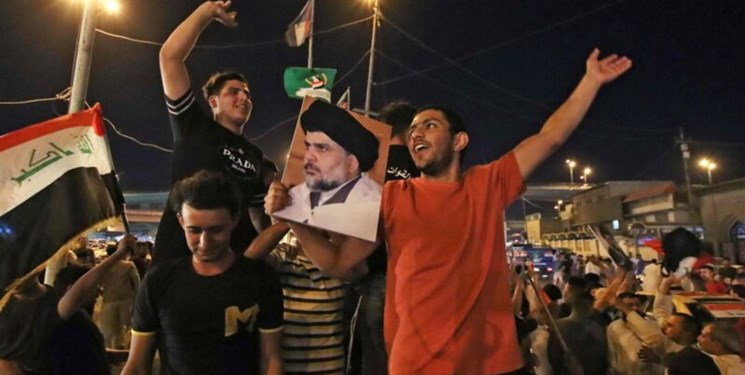Dr. Mohammad Sadegh Koushki, in an interview with the website of the Strategic Council on Foreign Relations, considered the electrifying and computerization of the process of Iraqi elections as its main margin in the previous and the current period and said: This made it impossible for the elections in both terms to reach a clear conclusion in terms of the counting of votes and the percentage of each candidate and lists in announcing the results. In fact, not only the computerization of the election did not help, but it greatly increased tensions, doubts, and crises over fraud and interference.
Saying that as long as a foreign company provides computer support for the elections with the servers not inside the Iraqi territory, there will always be such skepticism, adding: Considering the manual counting of the votes, the general arrangement reflected in the counting of the votes shows the serious fragmentation of the Iraqi society in the field of politics. That society, whether Shiites, Sunnis or Kurds, has been severely disintegrated and has lost their focus and convergence.
Dangers of dispersion in Iraqi society
The analyst of West Asia affairs continued: Such dispersion in Iraqi society can be extremely dangerous, because according to the Iraqi constitution if the provinces intend to move towards becoming regions, it is possible for them. Such disintegration can somehow pave the way for internal disintegration and, in a more extreme case, even the beginning of a civil war.
Referring to the performance and positions of political parties and groups active in Iraq during the recent elections, Koushki added: Unfortunately, apparently, no attempt has been made by Iraqi politicians to reach consensus and convergence. This issue may in the short term lead to tensions in the election of the prime minister, and in addition, it can lead to the extension of the premiership of Mr. Mustafa Al-Kadhimi, which has its own consequences. Tensions and insecurity in Iraq are not in line with our national interests and security.
He continued by saying that regarding Iraq’s foreign policy position in the next government, adding: If the current basket of votes will be reflected in the parliament and the same arrangement that came out of the ballot boxes will be included in the government, Iraq’s foreign relations will have a pro-Western approach.
Referring to a meeting in Erbil, Iraq, on the possible normalization of relations with the Zionist regime, Koushki added: This process may be even more inclined towards Saudi Arabia, but now it is not possible for the Iraqi government to move towards a relationship with the Zionist regime, although some Kurdish movements have started this path, it is definitely a long way to go until the Iraqi government wants to reach a compromise.










0 Comments